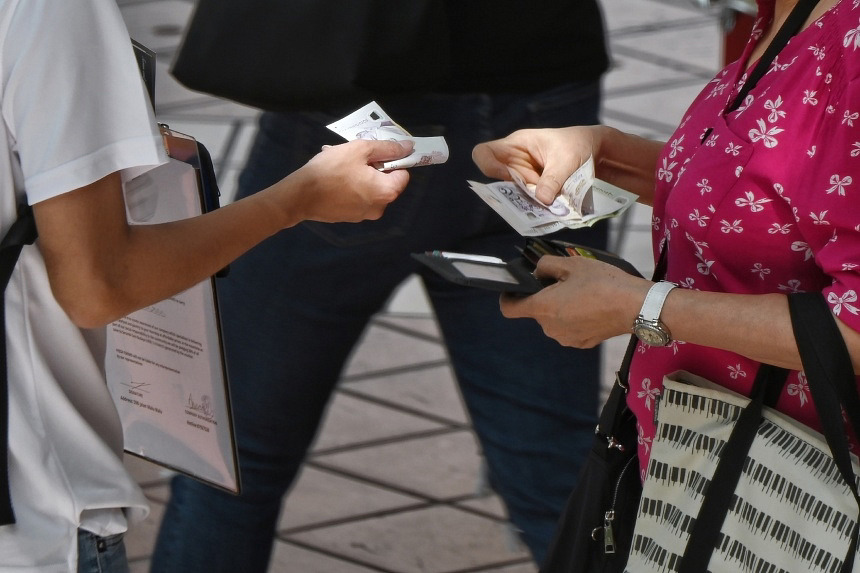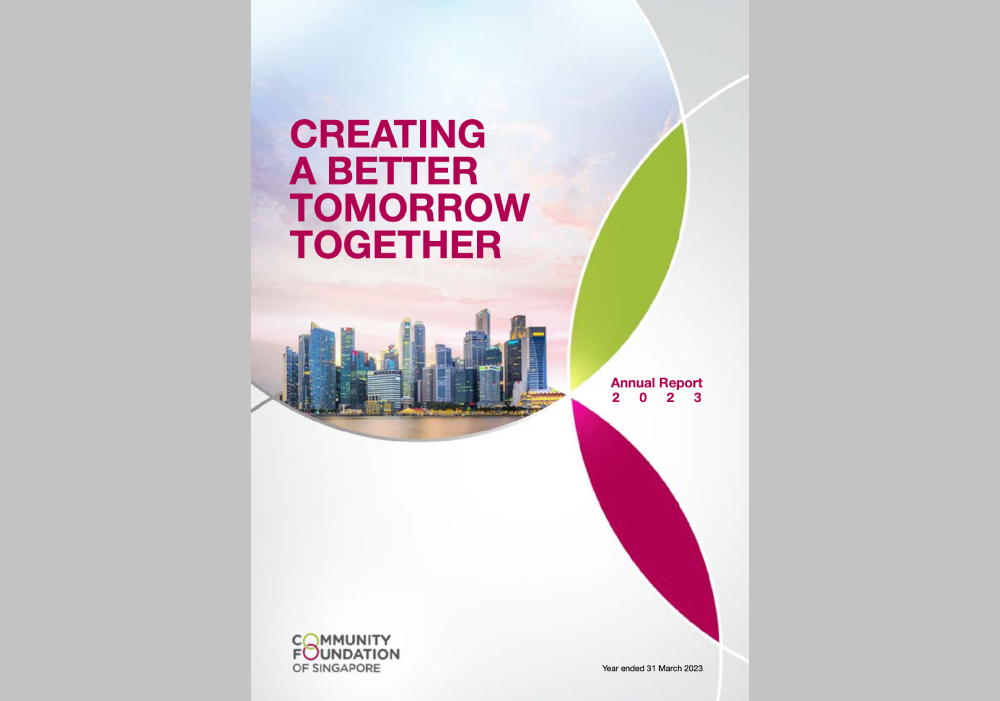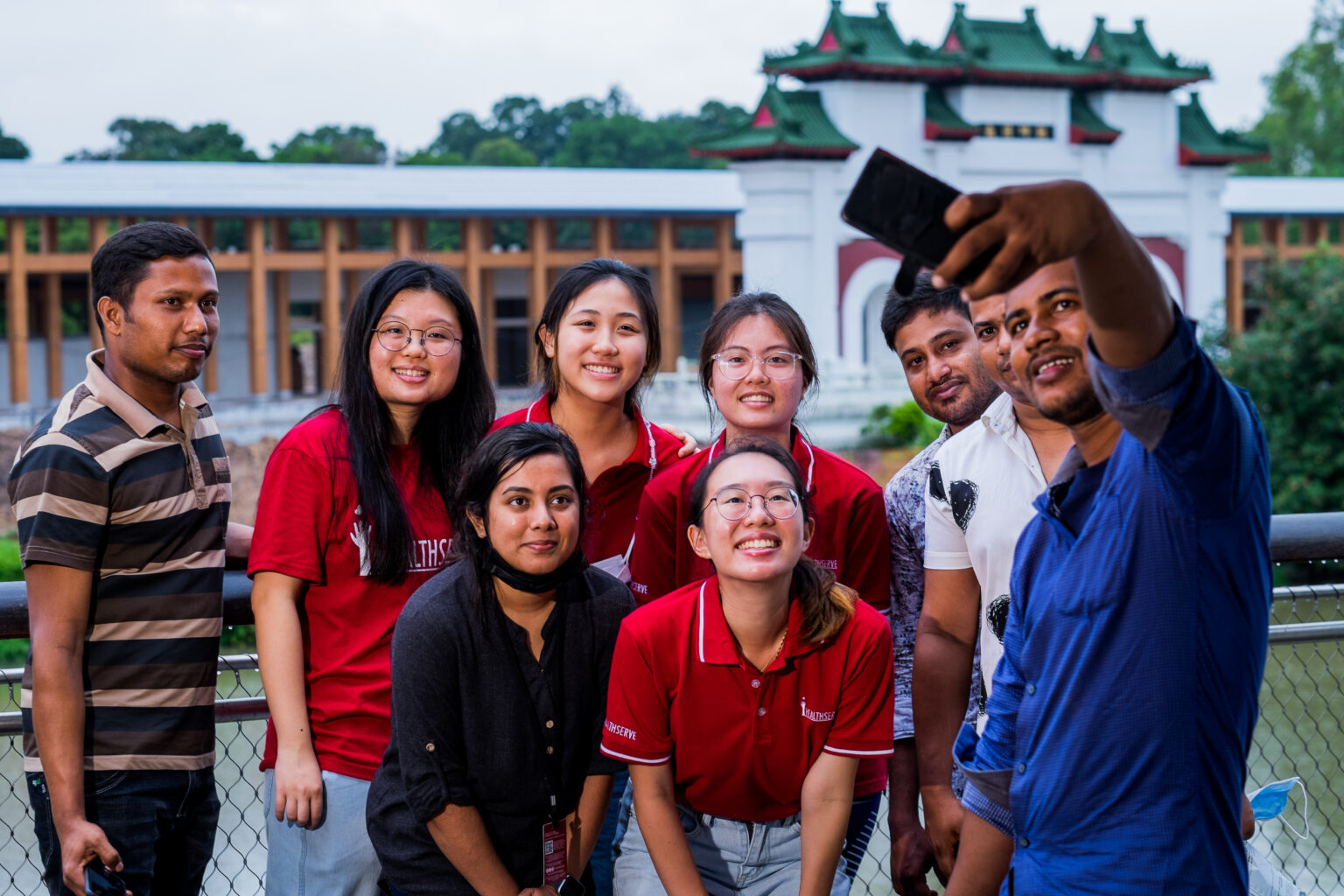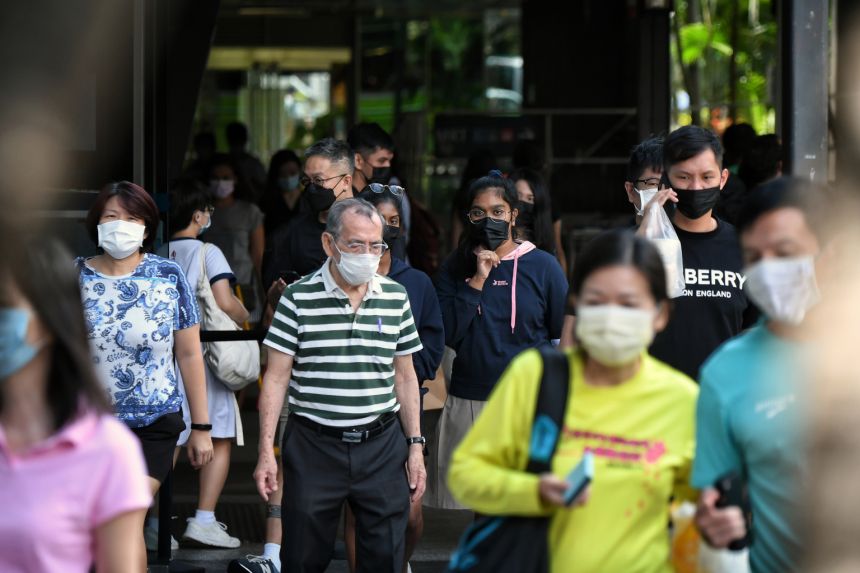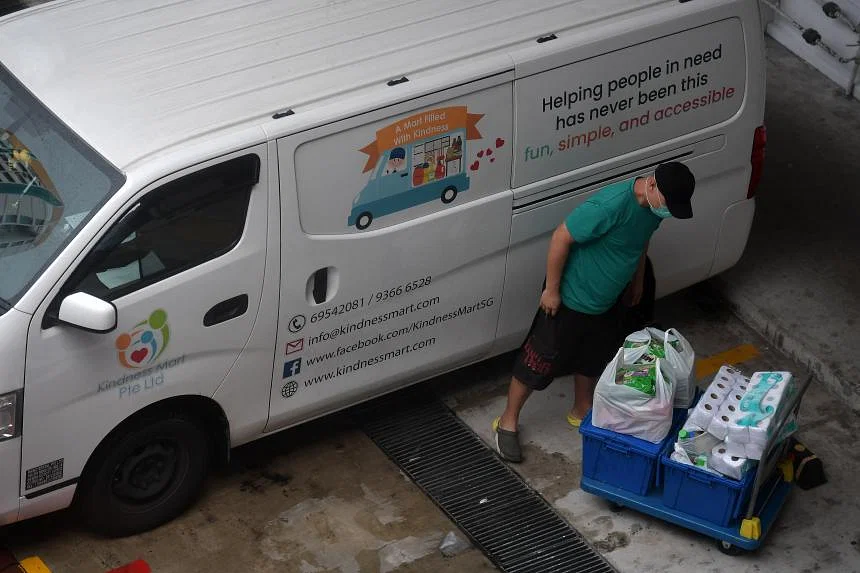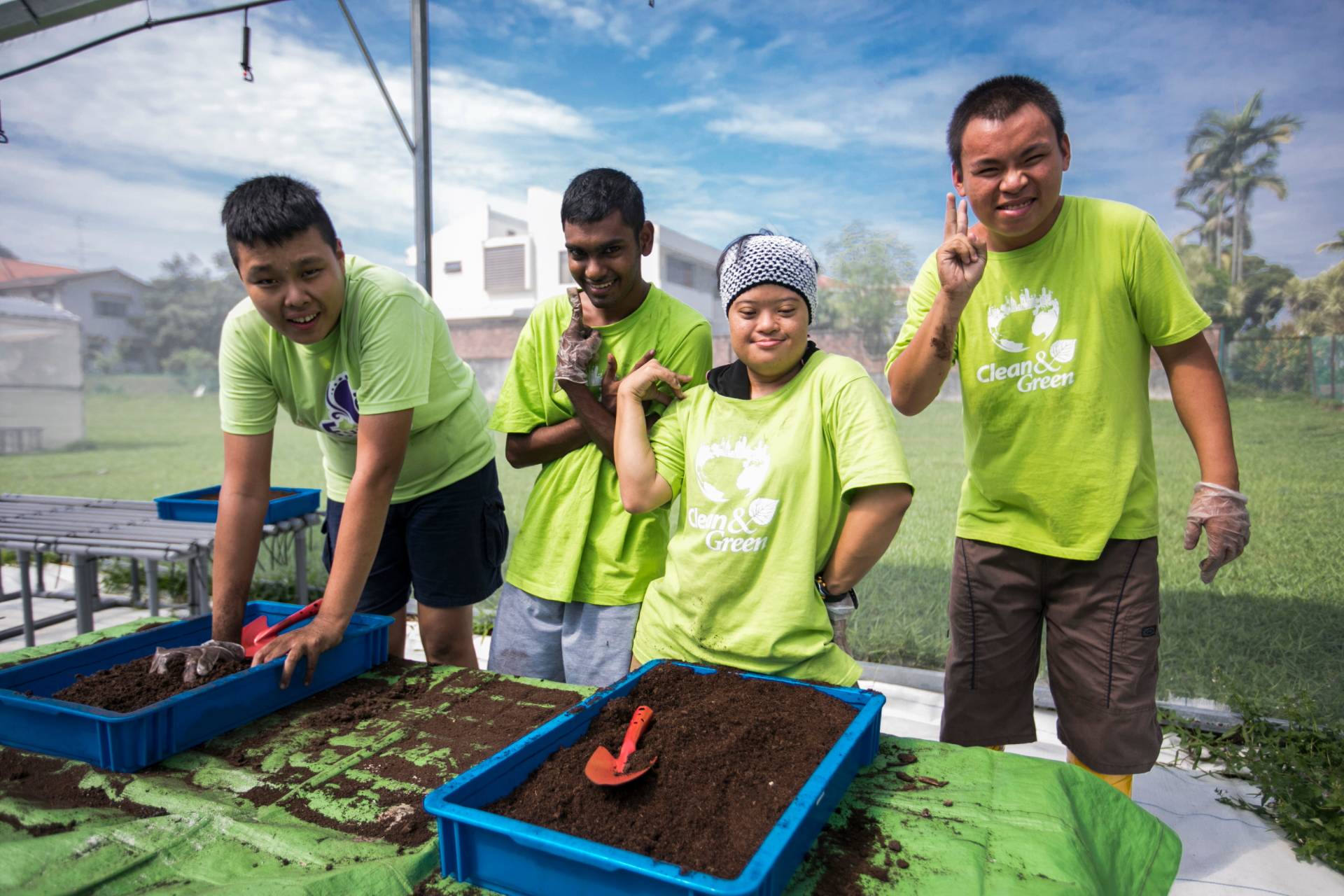Opinion
How to tackle homelessness in Singapore? Try some empathy for a start

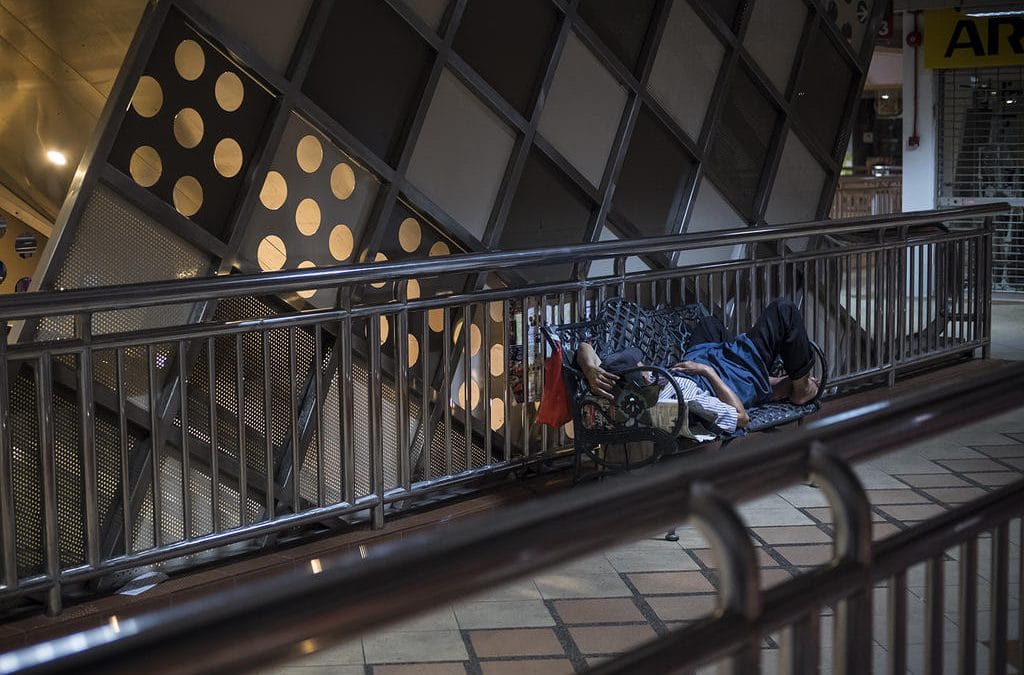
By Joyce Teo
Early last year, when a call for volunteers came for the first nationwide street count of the homeless in Singapore, I was probably one of the fastest to sign up.
As a grant-maker at the Community Foundation of Singapore, I often receive requests to fund research on social issues leading to the presentation of academic papers or journals. I find it hard to translate these into practical application towards solving critical social problems.
So I became a volunteer, partly to find out more on the state of homelessness in Singapore and partly, to figure out if philanthropy can play a role in making sense of research that enables us to do good in practice.
The study opened my eyes to a different side of Singapore. It drove home the point that the facts and statistics we read about the homeless from time to time are not mere digits but fellow persons in our shared space and humanity.
For the study, I had to cover downtown Singapore, thinking it would be an easy job as it did not seem that there would be many sleeping around buildings and shopping malls with security cameras.
But what was supposed to be a two-hour walk one night turned to five, due to the sheer number of people sleeping on the streets.
I could not keep up with having to type the individual description as required in the study and had to resort to grouping them in order to complete the area in time.
As indicated in the study, downtown Singapore is a hot zone with over 100 people found sleeping there.
Many were in work uniforms. In fact, they slept within close proximity to each other as if there’s safety in numbers.
These were the ones with the least comfort, usually with just a cap or towel covering their eyes.
Some, who are cleaners, even slept with their cleaning carts right in front of them as a guard for privacy.
The sheer number of people I found and the fact that most of them looked to be Singaporeans were a huge shock to me.
I wondered what led so many of them to sleep in the open instead of going home after work.
What is the impact of this on their health and mental well-being? Do they get to see their families and loved ones?
The results of the survey provide a clearer and better understanding of the definition of being homeless. It is more than home ownership, as some of the interviewees do own residential properties.
The results also provide some insights into the causes of homelessness here – unemployment, irregular work, low income and family relationship problems.
This is a good start. But more needs to be done.
The fact that half of those surveyed have been on the street for about five years shows that homelessness is a chronic and systemic issue that affect not only the 1,050 homeless people the study found, but also their families.
Homelessness today is no longer about begging or being a public nuisance. Many homeless people do have means of subsistence, however fragile.
Taking an enforcement approach towards homelessness will not address the deeper issues related to employment, income levels or family ties.
The homeless have a very real fear of the Destitute Persons Act and how it has been enforced.
They sleep in fear of losing their freedom. Under the Act, homeless people may be admitted into welfare homes as a last resort.
The Act defines a destitute person as one who is creating a nuisance due to begging, or who is found in a public place without means of subsistence or place of residence.
In practice, homeless people are usually persuaded to admit themselves voluntarily into the homes. But once admitted, they may not legally leave without permission.
This palpable fear can be clearly seen in one of the interviews I conducted with a homeless man.
Throughout the interview, he kept glancing around warily, as if someone would come and take him away despite my repeated assurance that I was a volunteer doing some research.
Once the interview ended, he immediately left and I felt quite regretful having robbed his sleeping place although I managed to score a data point for the research.
As part of the study questionnaire, we offered the homeless an opportunity for social workers to contact them for assistance if they are open to it. Perhaps not surprisingly, hardly anyone agreed, as they thought they would risk losing their ‘’freedom’’ if they did so.
Instead, the question most often asked when I approached them for requests to interview was – ‘Are you hock-lee-por eh lang?’ (Hokkien for social welfare department) and they would try to move away while asking.
How philanthropy can help
I hope that philanthropists can fund initiatives that help to change public perception of homelessness as well as more in-depth research that enables deeper understanding of the homeless issue.
The research could take an ethnographic approach similar to that taken by sociologist Teo You Yenn in her book “This is what inequality looks like’’.
In the book, she gave numerous case studies that demonstrated the different facets of inequality and poverty in a way that we can relate to. She also suggested that readers ask questions about poverty and how to overcome it in different ways, and to see themselves as part of the problems and potential solutions.
We need to better understand the different profiles of the homeless people, so as to appreciate their problems better and find different solutions for the different groups – those with employment, those without a home, those with broken family ties, and those who are senior and frail. We need to hear the voice of the rough sleepers themselves and co-create solutions with them. Not for them.
The homelessness issue in Singapore is complex and requires each of us to play our part if we want to resolve it.
For example, if you are a resident of a neighbourhood with a rough sleeper who is not a nuisance, you may want to think twice about calling the police. Instead, you could consider making an effort to speak to the person.
Empathy, rather than mere enforcement, is a good start to help identify root causes and solutions to the issue.
About the author
Joyce Teo is the Deputy CEO and Head of Philanthropy and Grants at the Community Foundation of Singapore, a non-profit organisation founded in 2008 to encourage and enable philanthropy in Singapore.
Source: TODAY
- Related Topics For You: DONOR STORIES, INCLUSIVITY & INTEGRATION, OPINION, STORIES OF IMPACT
Trending Stories
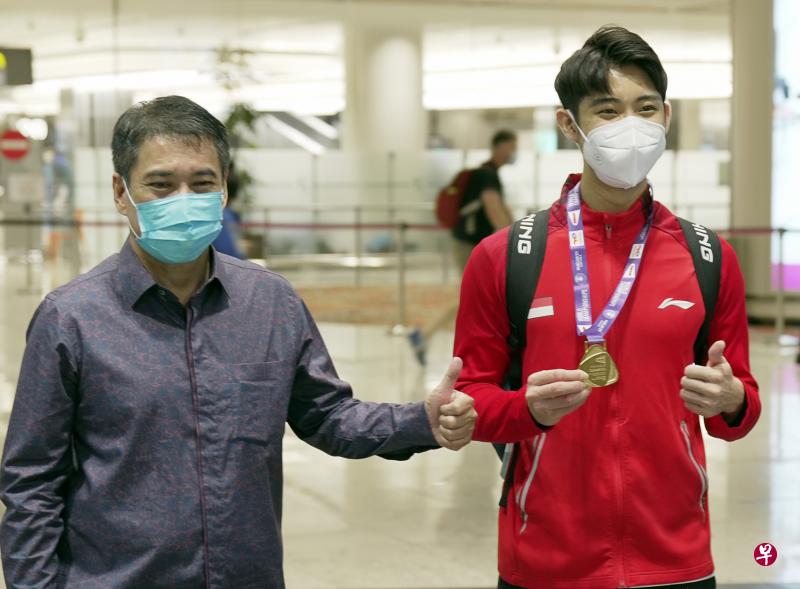

Karim Family Foundation: Donor-Advised Fund Raises $200,000 to Support Local Sports Champion Loh Kean Yew
Karim Family Foundation: Donor-Advised Fund Raises $200,000 to Support Local Sports Champion Loh Kean Yew
In December 2021, 24-year-old Loh Kean Yew became the first Singaporean to win the Badminton...


‘I thought I couldn’t go through any more of it’: Cancer patient gets help after insurer says ‘no’ to $33k bill
‘I thought I couldn’t go through any more of it’: Cancer patient gets help after insurer says ‘no’ to $33k bill
Good Samaritans have stepped forward to help a cancer patient, who hopes to spend more...

